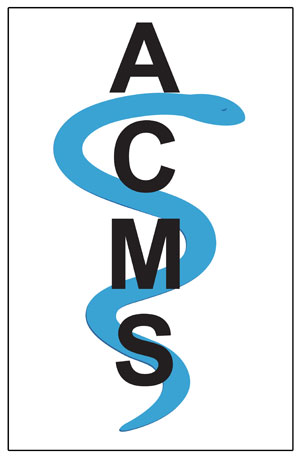Center for Disease Control and Prevention
No vaccine for COVID-19 is currently available however vaccine trials are in progressexternal icon; The National Institutes of Health recently published guidelines on prophylaxis use, testing, and management of COVID-19 patients. For more information, please visit: National Institutes of Health: Coronavirus Disease 2019 (COVID-19) Treatment Guidelinesexternal icon.
The CDC clinical criteria for considering testing for COVID-19 have been developed based on what is known about COVID-19 and are subject to change as additional information becomes available.
PRIORITIES FOR COVID-19 TESTING
(Nucleic Acid or Antigen)
High Priority
- Hospitalized patients
- Healthcare facility workers, workers in congregate living settings, and first responders with symptoms
- Residents in long-term care facilities or other congregate living settings, including correctional and detention facilities and shelters, with symptoms
Persons identified by public health officials or clinicians as high priority
- Persons with symptoms of a possible infection with COVID-19, including: fever, cough, shortness of breath, chills, muscle pain, new loss of taste or smell, vomiting or diarrhea, and/or sore throat.
- Persons without symptoms who come from racial and ethnic minority groups disproportionately affected by adverse COVID-19 outcomes-currently African Americans, Hispanics and Latinos, some American Indian tribes (e.g., Navajo Nation).
- Persons without symptoms who are prioritized by health departments or clinicians, including but not limited to: public health monitoring, sentinel surveillance, presence of underlying medical condition or disability, residency in a congregate housing setting such as a homeless shelter or long term care facility, or screening of other asymptomatic individuals according to state and local plans.
Florida Department of Health Update: 5/5/2020
Two kinds of tests are available for COVID-19: viral tests and antibody tests.
- A viral test tells you if you have a current infection.
- An antibody test tells you if you had a previous infection
An antibody test may not be able to show if you have a current infection, because it can take 1-3 weeks after infection to make antibodies. We do not know yet if having antibodies to the virus can protect someone from getting infected with the virus again, or how long that protection might last.
Who should be tested
To learn if you have a current infection, viral tests are used. But not everyone needs this test.
- Most people will have mild illness and can recover at home without medical care and may not need to be tested.
- CDC has guidance for who should be tested, but decisions about testing are made by state and localexternal icon health departments or healthcare providers.
- If you have symptoms of COVID-19 and want to get tested, call your healthcare provider first.
- You can also visit your state or local health department’s website to look for the latest local information on testing.
- Although supplies of tests are increasing, it may still be difficult to find a place to get tested.
Results
- If you test positive for COVID-19 by a viral test, know what protective steps to take if you are sick or caring for someone.
- If you test negative for COVID-19 by a viral test, you probably were not infected at the time your sample was collected. However, that does not mean you will not get sick. The test result only means that you did not have COVID-19 at the time of testing.
If you test positive or negative for COVID-19, no matter the type of test, you still should take preventive measures to protect yourself and others.
